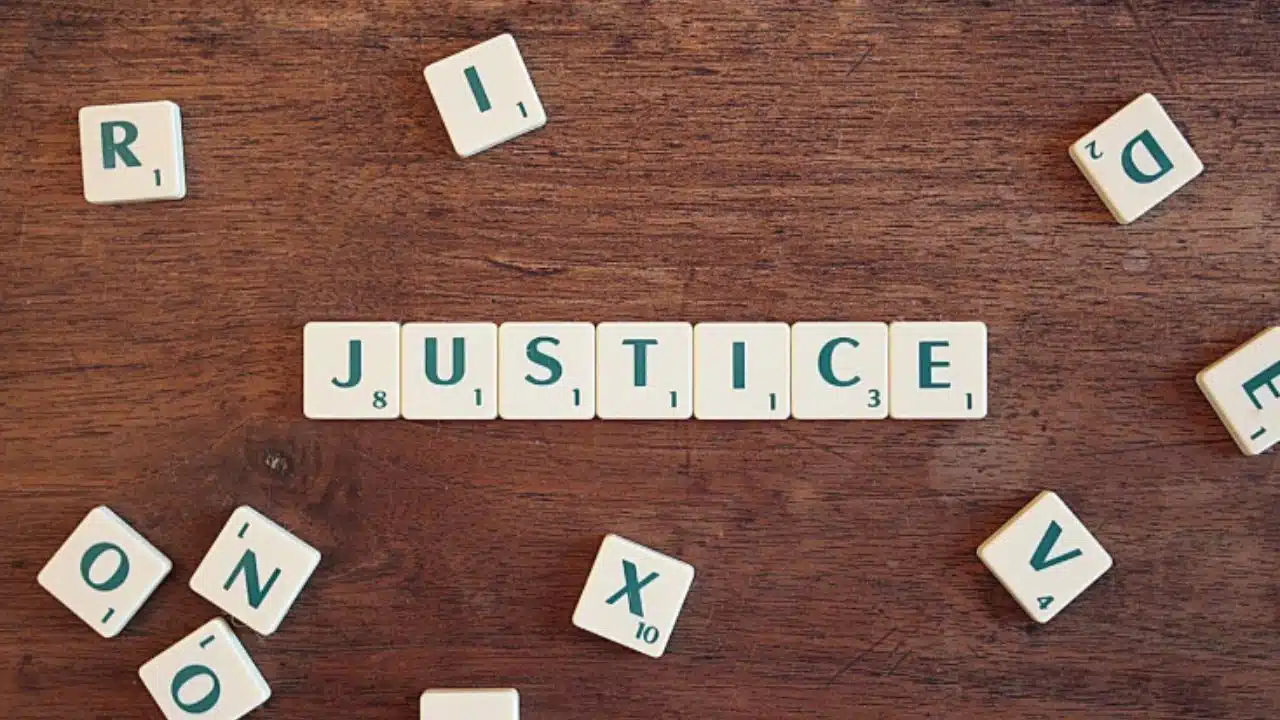If you have suffered an injury due to someone else’s negligence, like 39.5 million people, each year, hiring a personal injury lawyer can help maximize your compensation. There are around 60k personal injury law firms, with 164,559 personal injury lawyers in the US. However, not all cases are clear winners, and there are some common reasons why a personal injury lawyer may not take your case.
Low Damages
A personal injury attorney typically works on a contingency fee basis, meaning they only get paid if you receive compensation. Therefore, the potential value of your claim is crucial. According to Mark Anderson, a Fort Worth injury attorney, if your injuries and losses are minor, the lawyer may not earn enough to justify pursuing the case.
For example, a simple soft tissue injury (which makes up 43% of workplace injuries per year) resulting in just a few thousand dollars of medical bills may not be lucrative enough, even if liability is clear.
Unclear Liability
In any personal injury case, you must prove the other party was legally liable or responsible for your injuries, usually through negligence. If liability is questionable or hard to prove, many lawyers will pass on the case. For instance, a slip-and-fall accident on someone’s property may be challenging if there were no visible hazards or warning signs, even though 1 million people are affected every year. Or an auto accident caused by bad weather may make it difficult to pin blame on the other driver. Without strong evidence of negligence, a lawyer lacks incentive to invest time and resources into an uncertain case. However, experienced lawyers like Bryan Alfaro Law can evaluate complex cases and provide guidance on whether pursuing legal action is feasible.
Pre-Existing Conditions
Personal injury lawyers know that insurance companies will look for ways to reduce payouts. One strategy is to claim that some or all of your injuries resulted from a pre-existing condition, rather than the accident. If you have extensive medical history that can be used against you, it weakens the lawyer’s ability to maximize your claim. For example, a history of arthritis or back problems, like 39% of US adults, may undermine a lawsuit for injuries sustained in a car accident.
Shared Fault in Personal Injury Cases
Most personal injury cases involve some level of shared fault between parties. However, if a lawyer believes you are primarily responsible for the accident, they will not want to represent you. For instance, if you were texting while driving (the cause of 7.8% of fatal traffic accidents) and rear-ended someone else, or intoxicated while operating heavy machinery on the job, a personal injury lawyer is less likely to help you pursue damages from others. The greater your role in the incident, the weaker your claim will be.
It can be frustrating if personal injury lawyers decline to handle your case after an accident. But attorneys have an ethical obligation to carefully screen cases and only accept those with good legal merit. If you’ve been turned down, ask the lawyer for an explanation and reconsider if hiring representation makes sense. For less clear-cut cases, focusing on recovery rather than legal action may be the most prudent option.





































